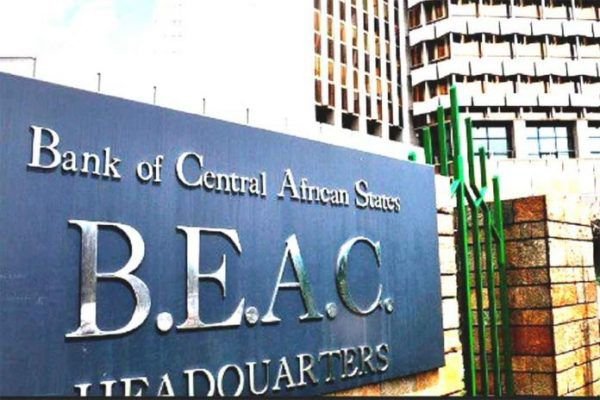Central Africa : crypto-currency regulation process underway
The Central African precedent of adopting Bitcoin in July 2022 without defining appropriate legislation had provoked the ire of BEAC and an outcry from other regulatory institutions in the sub-region.

On 3 July 2022, the Central African Republic adopted the « Sango », a crypto-currency, as its new digital currency system. It became the second country in the world, after El Salvador on 7 September 2021, to take this decision. « The Sango, a catalyst for the tokenisation of the country’s vast natural resources, is the most progressive economic initiative in Africa and elsewhere, » the Central African presidency boasts in its statement about it, released on 27 June 2022. For the Central African government, this new digital monetary system promises to enhance the value of the country’s natural resources in the digital world, by materialising them in tokens that can be exchanged on a blockchain.
However, there is no regulatory framework. And Nelly Chatue-Diop, founder of Ejara, a Cameroonian crypto start-up connected to mobile money services, warns: « 80% of the 16,000 crypto-currencies in the world are scams. If it wants to succeed, the Central African Republic must therefore quickly regulate the sector to avoid scams that would contribute to feeding the fear of a population not educated in finance and even less in crypto-currencies. » Sofia El Mrabet, a lawyer and fintech expert, goes further: « Clear taxonomies need to be established to define the conditions for market entry. The regulator, which must also be designated, must subject operators to anti-money laundering obligations and oblige them to obtain a licence.
« The new regulation governing the common financial market in the CEMAC countries introduces « digital assets » and « digital tokens ».
All in all, to date, in the Economic and Monetary Community of Central Africa (Cemac) zone, crypto-currencies do not yet have the legal status of a currency. The adoption of Bitcoin by the CAR has provoked the ire of the Bank of Central African States (Beac). But in the
Indeed, according to Article 76 of this regulation, adopted on 21 July 2022 by the Ministerial Committee of the Central African Monetary Union (Umac) and made public on 14 September of the same year, « A token is any intangible asset representing, in digital form, one or more rights issued, registered, retained or transferred by means of a shared electronic recording device that makes it possible to identify, directly or indirectly, the owner of the said asset. This includes crypto-currencies, but also video games, photographs or software.
In addition, « the provision of services on digital assets » are now admitted to the CEMAC financial market. Article 160 of the above-mentioned text summarises them as « offering one or more of the following services or operations: custody of digital activities on behalf of a third party; purchase of digital assets against legal tender or against other digital assets; operation of a digital asset trading platform; other services on digital assets such as the reception and transmission of orders on behalf of third parties, portfolio management on behalf of third parties, advice, and investment ».
From now on, Article 144 requires any « digital asset service provider » to obtain a licence from the Financial Market Supervisory Commission (Cosumaf) to operate in this segment. « Cosumaf shall define, in its general regulations and instructions, specific provisions for the placement of tokens, » Article 76 states. The general regulations are also expected to specify the terms and conditions for the provision of digital asset services, according to Article 160.






